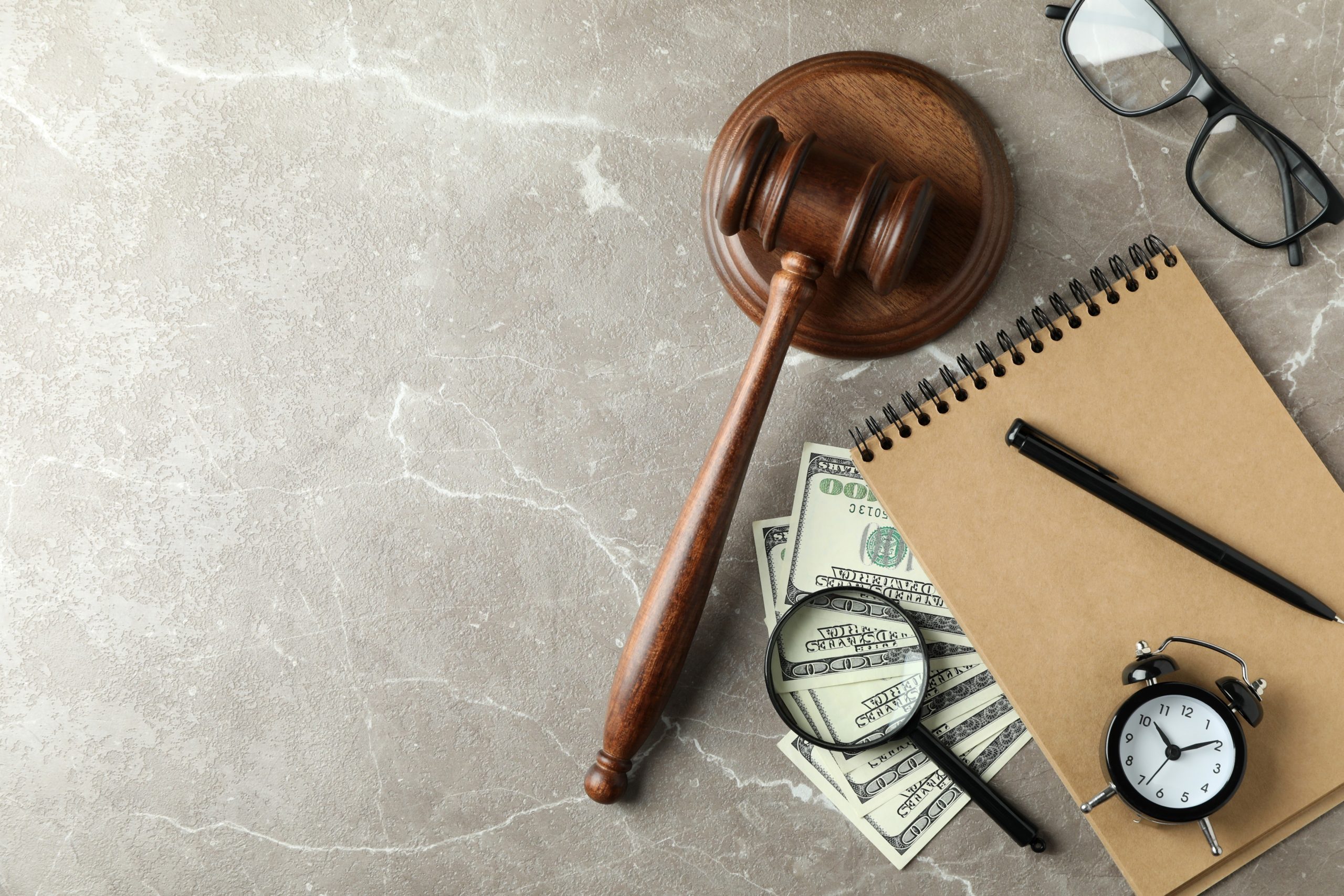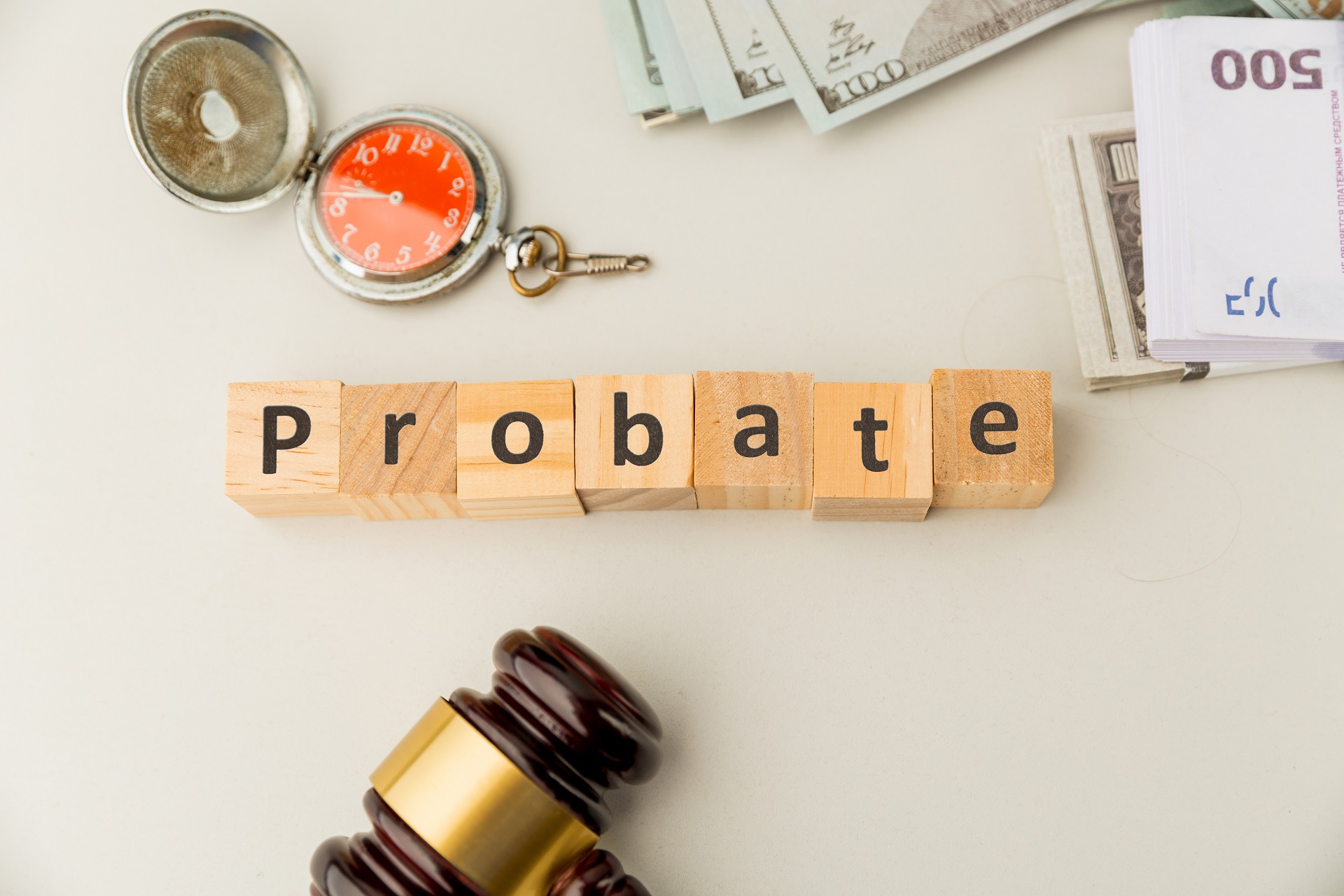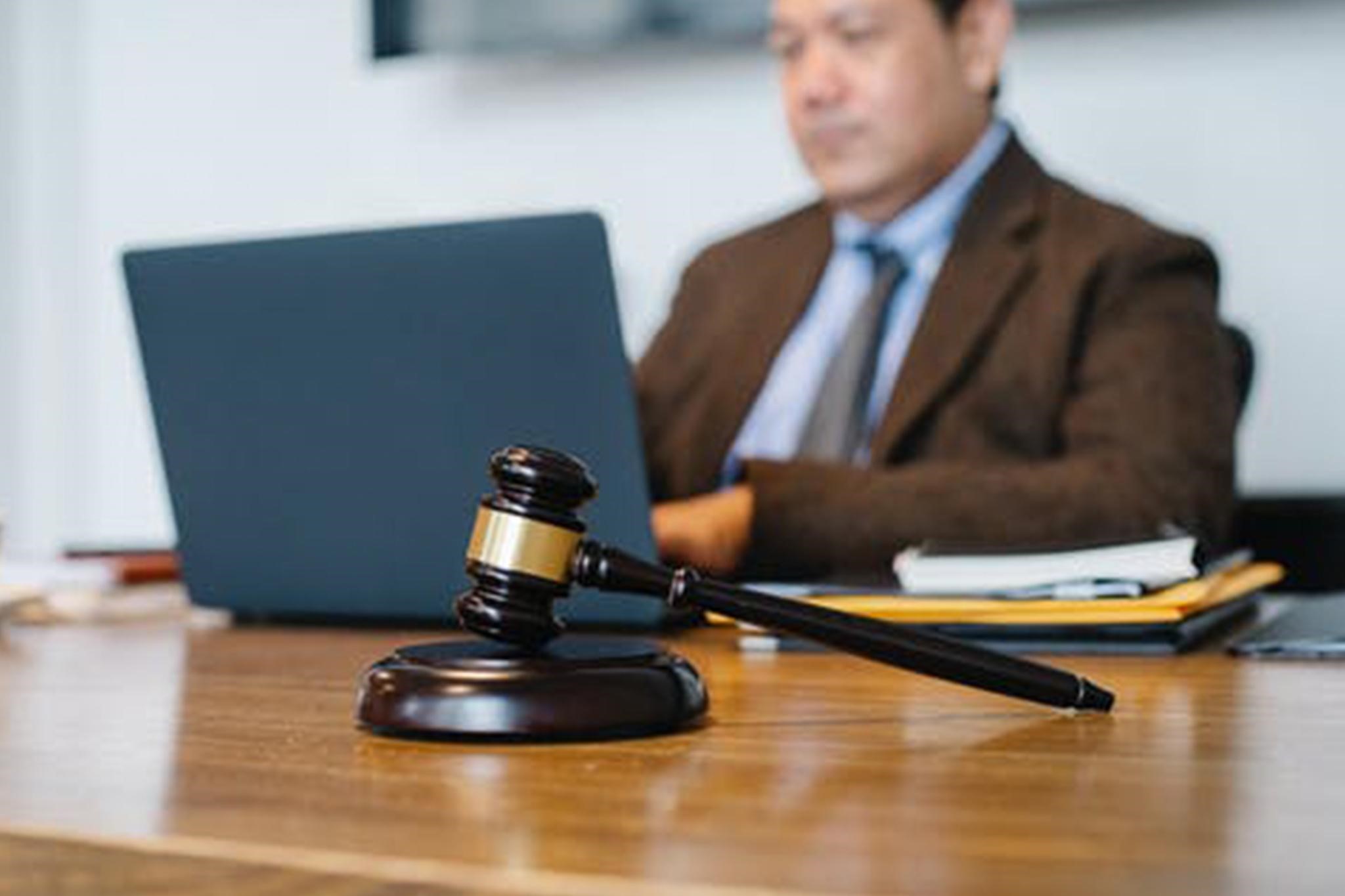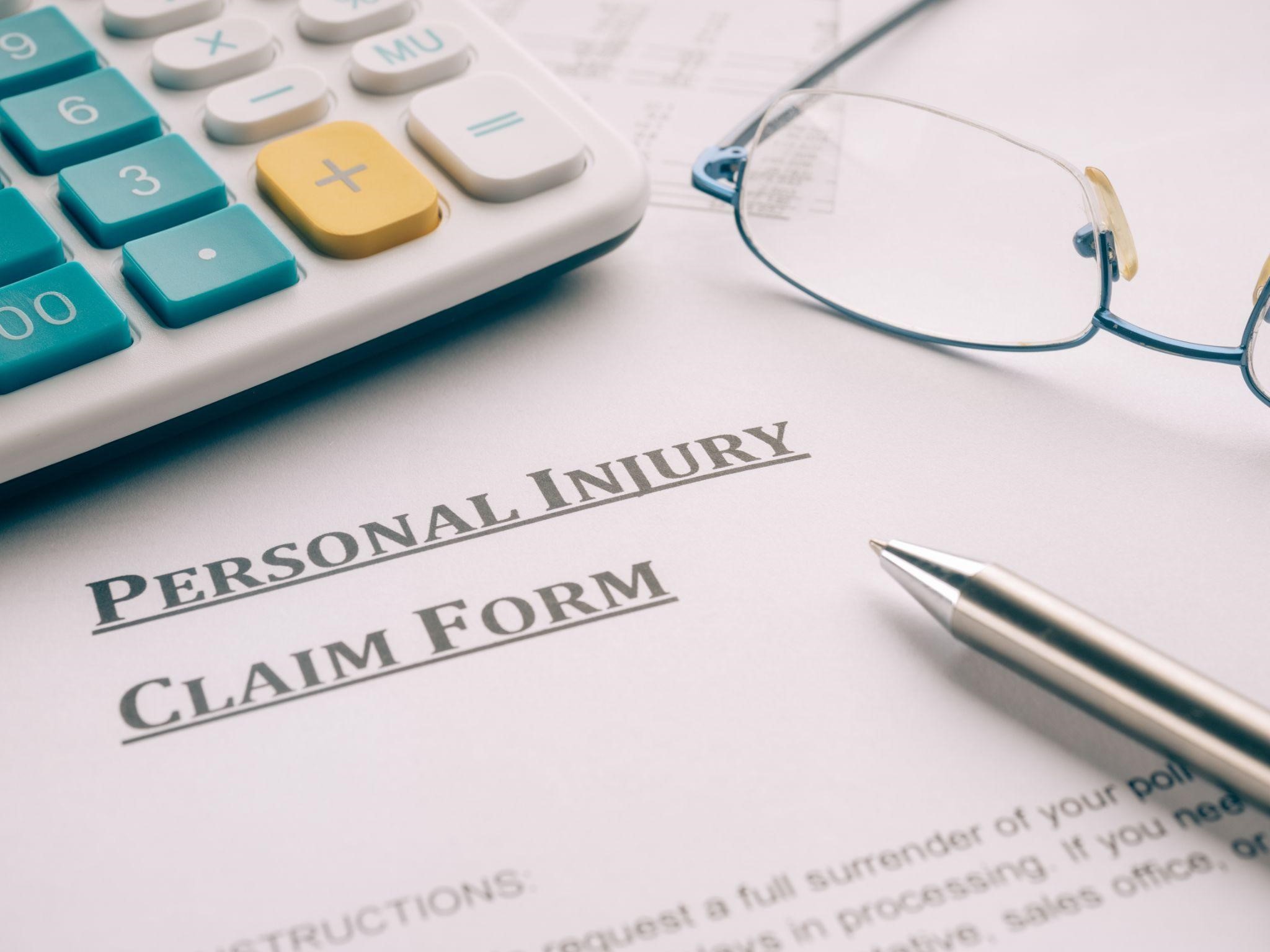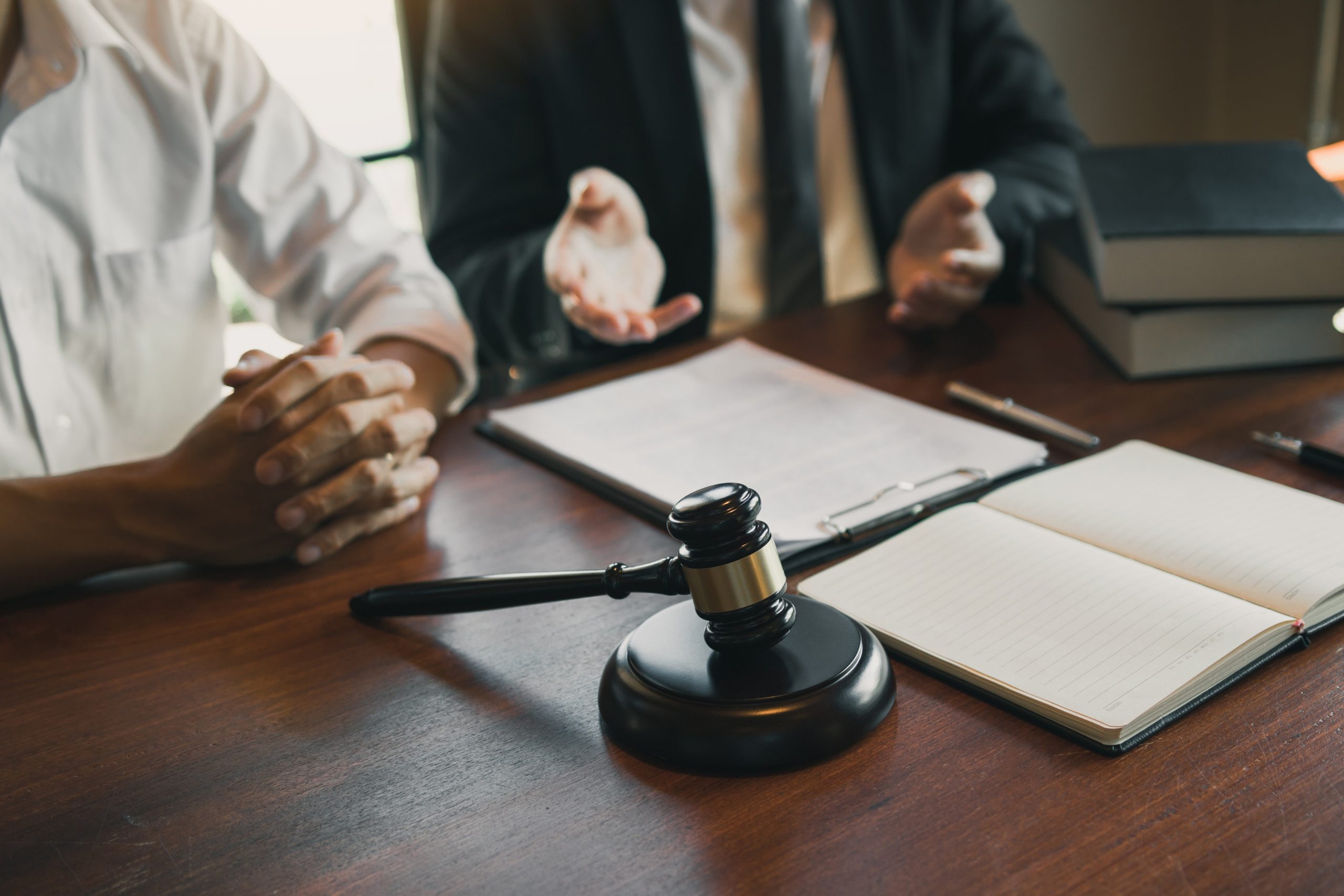Assault and battery are two offenses that are similar but not the same. When a person conducts an act that places a victim in reasonable fear of harmful or offensive contact, this is referred to as an assault. Battery, on the other hand, occurs when someone makes physical contact with the victim that is harmful or offensive.
Furthermore, assault and battery are both commonly charged as misdemeanors (as opposed to an infraction or a felony). The offenses are punishable by prison time and large fines.
It’s worth noting that anyone accused of either of these crimes can defend themselves by filing a legal defense. As for instance, a defendant may claim that he or she:
- acted in self-defense or;
- was the victim of a false accusation
How Is an Assault Different than a Battery under U.S. Law?
Assault and battery are two separate offenses. The fundamental distinction between the two offenses is that an assault does not always require physical contact with another person, whereas a battery does.
When a person conducts an act that has the potential to cause physical injury to another person, it is called an assault.
Whereas, if a person commits a battery, he or she causes physical injury to another person.
An attempted battery is the same as an assault, whereas a battery is the same as a completed assault.
What Is the Crime of Simple Assault?
In most cases, an attack is defined as an act that places the victim in reasonable fear of harmful or offensive touch.
While a battery is defined as the use of force or violence, assault is defined as the attempt to use force or violence.
It’s worth noting that, when it comes to the use of force or violence, any damaging or offensive touching is usually sufficient to warrant an assault charge. If it is done in a nasty or disrespectful manner, even the tiniest touch will be taken into account.
Even if the touching involved did not or could not result in any kind of physical injury, assault charges can be filed. Furthermore, touching does not have to be done in a direct manner. It’s possible to do it indirectly by causing an object to come into contact with the “victim.”
Assault offenses are usually classified as misdemeanors. Usually, the offense is punishable by:
- Up to six months in jail (rather than state prison) and/or
- a maximum fine of $1,000 as a possible penalty.
Different degrees of assault exist in some states, such as first, second, and even third-degree assault.
What Is the Crime of Simple Battery?
Battery is defined as the use of force or violence against another person with the intent to harm them.
A person must actually inflict harmful or offensive contact on the victim to be charged with battery under the law. There is no requirement for a person to cause the claimed “victim” any personal hurt or bodily harm. Even the tiniest touch can be considered battery.
Even if the touching occurs, a battery is formed:
- directly via the victim’s clothing, and/or
- indirectly through an object used by the defendant to touch the “victim.”
Battery charges, unlike assault charges, must include claims of physical contact. As an example, if a person attempted to shove another person but missed, there can be no criminal charges of battery. However, an assault charge might still be filed.
Simple battery offenses are usually charged as misdemeanors. The following are some of the most common penalties imposed by states on offenders:
- Up to six months in prison and/or
- large fines.
What Are the Different Types of Assaults and Their Consequences?
Sexual assault (including rape and statutory rape), assault on a peace officer, assault on a minor or juvenile, assault with intent to murder, and gang assault are all examples of assault charges. All of these are considered felonies in most jurisdictions. Also, all the following crimes involve jail time and fines, and if the offender has a prior offense on their record, the charges are nearly always increased.
Is It Possible for a Defendant Accused with Assault or Battery to Have a Legal Defense?
Any assault or battery charge can be challenged with a legal defense.
A strong defense system can help a criminal charge be reduced or even dismissed. It’s worth noting, though, that having an experienced criminal defense attorney mount a defense on behalf of somebody accused is necessary.
There are four successful defenses to assault charges, according to the criminal defense lawyers at Silver & Silver. These are the accusations that can be made by a defendant:
- He/she did not actually touch another person (he simply attempted to do so),
- did not act willfully,
- acted in self-defense, and
- was stopped or charged without reasonable cause.
Getting Legal Help
Consult an expert criminal defense attorney if you’ve been arrested or charged with a crime. A skilled criminal or car accident lawyer at Silver & Silver Attorneys can thoroughly explain the law in your state and advise you on your options.
Assault and battery are two offenses that are similar but not the same. When a person conducts an act that places a victim in reasonable fear of harmful or offensive contact, this is referred to as an assault. Battery, on the other hand, occurs when someone makes physical contact with the victim that is harmful or offensive.
Furthermore, assault and battery are both commonly charged as misdemeanors (as opposed to an infraction or a felony). The offenses are punishable by prison time and large fines.
It’s worth noting that anyone accused of either of these crimes can defend themselves by filing a legal defense. As for instance, a defendant may claim that he or she:
- acted in self-defense or;
- was the victim of a false accusation
How Is an Assault Different than a Battery under U.S. Law?
Assault and battery are two separate offenses. The fundamental distinction between the two offenses is that an assault does not always require physical contact with another person, whereas a battery does.
When a person conducts an act that has the potential to cause physical injury to another person, it is called an assault.
Whereas, if a person commits a battery, he or she causes physical injury to another person.
An attempted battery is the same as an assault, whereas a battery is the same as a completed assault.
What Is the Crime of Simple Assault?
In most cases, an attack is defined as an act that places the victim in reasonable fear of harmful or offensive touch.
While a battery is defined as the use of force or violence, assault is defined as the attempt to use force or violence.
It’s worth noting that, when it comes to the use of force or violence, any damaging or offensive touching is usually sufficient to warrant an assault charge. If it is done in a nasty or disrespectful manner, even the tiniest touch will be taken into account.
Even if the touching involved did not or could not result in any kind of physical injury, assault charges can be filed. Furthermore, touching does not have to be done in a direct manner. It’s possible to do it indirectly by causing an object to come into contact with the “victim.”
Assault offenses are usually classified as misdemeanors. Usually, the offense is punishable by:
- Up to six months in jail (rather than state prison) and/or
- a maximum fine of $1,000 as a possible penalty.
Different degrees of assault exist in some states, such as first, second, and even third-degree assault.
What Is the Crime of Simple Battery?
Battery is defined as the use of force or violence against another person with the intent to harm them.
A person must actually inflict harmful or offensive contact on the victim to be charged with battery under the law. There is no requirement for a person to cause the claimed “victim” any personal hurt or bodily harm. Even the tiniest touch can be considered battery.
Even if the touching occurs, a battery is formed:
- directly via the victim’s clothing, and/or
- indirectly through an object used by the defendant to touch the “victim.”
Battery charges, unlike assault charges, must include claims of physical contact. As an example, if a person attempted to shove another person but missed, there can be no criminal charges of battery. However, an assault charge might still be filed.
Simple battery offenses are usually charged as misdemeanors. The following are some of the most common penalties imposed by states on offenders:
- Up to six months in prison and/or
- large fines.
What Are the Different Types of Assaults and Their Consequences?
Sexual assault (including rape and statutory rape), assault on a peace officer, assault on a minor or juvenile, assault with intent to murder, and gang assault are all examples of assault charges. All of these are considered felonies in most jurisdictions. Also, all the following crimes involve jail time and fines, and if the offender has a prior offense on their record, the charges are nearly always increased.
Is It Possible for a Defendant Accused with Assault or Battery to Have a Legal Defense?
Any assault or battery charge can be challenged with a legal defense.
A strong defense system can help a criminal charge be reduced or even dismissed. It’s worth noting, though, that having an experienced criminal defense attorney mount a defense on behalf of somebody accused is necessary.
There are four successful defenses to assault charges, according to the criminal defense lawyers at Silver & Silver. These are the accusations that can be made by a defendant:
- He/she did not actually touch another person (he simply attempted to do so),
- did not act willfully,
- acted in self-defense, and
- was stopped or charged without reasonable cause.
Getting Legal Help
Consult an expert criminal defense attorney if you’ve been arrested or charged with a crime. A skilled criminal or car accident lawyer at Silver & Silver Attorneys can thoroughly explain the law in your state and advise you on your options.
